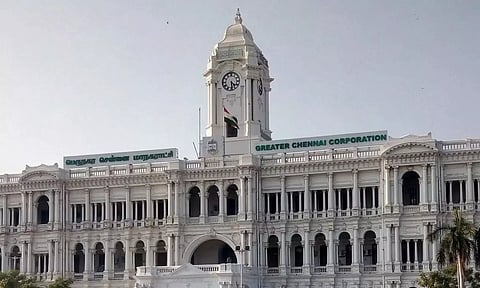

CHENNAI: Taking note of the estimation that electricity consumption of domestic buildings in the State is expected to grow by 65 per cent by 2030, the State Environment and Climate Change Department has decided to create awareness about energy saving and climate-friendly buildings among builders and also residents’ associations.
The Tamil Nadu Climate Change Mission will conduct these awareness campaigns in all city corporations, including Greater Chennai Corporation. The initiative is a part of a Rs 500 crore project, which was announced in the State Assembly.
A document prepared in this regard noted that built environment generates 40 per cent of annual global carbon dioxide emissions. In Tamil Nadu, the electricity consumption by the domestic sector is expected to grow 65 per cent, to 49,900 million units from 30,392 million units in 2021.
An agency will be appointed to train builders and developers on cost-saving, climate-friendly building infrastructure and to create awareness among the residents and community representatives, and builders and developers through workshops. Under the initiative, separate workshops will be conducted for residents and builders in all the corporations.
Workshops for builders will impart knowledge on the impact of building and construction sector activities on climate change. It will also introduce sustainable building design, energy-efficient materials and technologies, and green building practices.
“It is noted that while well-established builder and developer groups may already have their own green policies, smaller businesses may lack the same. The workshop will be an opportunity to bridge that gap by facilitating capacity building, knowledge sharing, peer discussions, and stakeholder-led conversations,” said a document prepared in this regard.
While large builders can monetise the marketing potential of green buildings, small builders are yet to explore the economic opportunities associated with sustainable buildings. As a result, many small residential units are usually built conventionally, with little innovation or consideration for climate friendliness, it added.
The mission received feedback from the stakeholders to conceptualise a Sustainable Habitat Approach Plan so that it could frame State policies for energy-efficient, climate-friendly and resilient buildings.